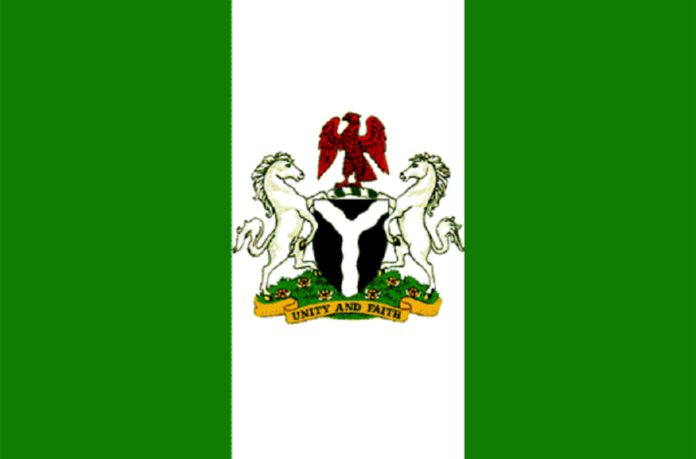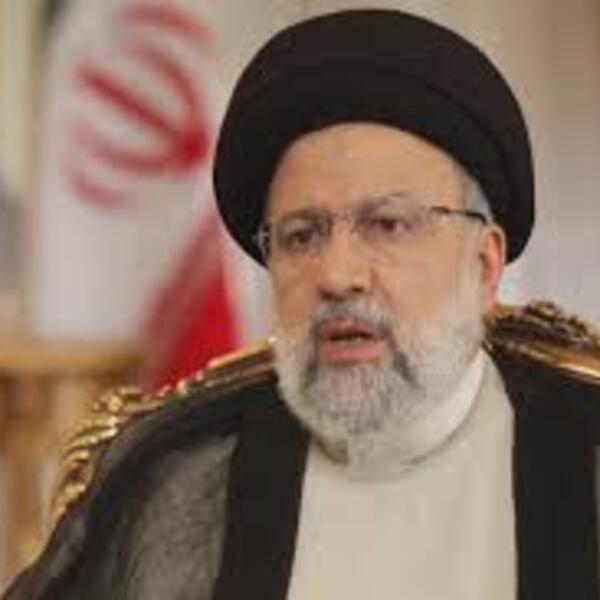Since 1966, Nigeria has pursued unity through centralized governance, hoping that a stronger central state would bring cohesion to its diverse regions. But this strategy has only deepened regional divides and weakened local authority. As the Nigeria Social Cohesion Survey Report 2022 reveals, the current federal structure struggles to unite the country effectively. Social cohesion sits alarmingly low at a 39.6% index, with many citizens identifying more closely with ethnic identities than a national one. Furthermore, the report underscores a decline in trust toward federal institutions, dissatisfaction with resource management, and rising polarization across ethnic, religious, and economic lines. Today, as Nigeria faces mounting governance challenges and widening regional disparities, it’s clear that a centralized model cannot address the unique needs of its communities. To foster true unity and sustainable development, Nigeria must embrace a new approach — one that empowers its regions and traditional communities through structured autonomy.
Diagnosing the Problem: Nigeria’s Centralized Governance and Its Challenges
The roots of Nigeria’s governance issues can be traced back to 1966, when General Aguiyi-Ironsi introduced Decree №34, known as the Unification Decree. By consolidating power at the national level, he aimed to create a sense of national unity. However, instead of bringing people together, this approach eroded local authority, fueling resentment and widening the gap between communities and the state. Decades later, the legacy of centralization has left Nigeria struggling with inefficient governance, fragile state institutions, and growing distrust in public institutions.
Two political theories help explain the dysfunction we see today: Neopatrimonialism and Weak State Theory.
- Neopatrimonialism refers to a system where formal rules and institutions are entangled with informal, loyalty-based networks. In practice, this means that decisions in Nigeria often stem not from transparent processes but from personal connections and patronage. Resources are frequently diverted to benefit elites rather than the general population, creating inefficiencies and undermining public trust in government institutions.
- Weak State Theory highlights how Nigeria lacks the bureaucratic strength to enforce policies uniformly across regions. In a “weak state,” the central government struggles to maintain authority, leaving certain areas to be controlled by local elites, ethnic groups, or even armed factions. In regions where formal governance is absent, local strongmen or bandits impose harsh, often unconstitutional rule on communities. These actors exploit rather than protect, widening regional inequalities and leaving entire communities unrepresented and vulnerable.
The Consequences of Centralized Power
Nigeria’s central government often has to negotiate with local power brokers — whether elites, informal authorities, or even strongmen — to maintain a semblance of stability. This arrangement, sometimes called a “triangle of accommodation,” involves trading resources, political positions, or other benefits for local support. While this helps avoid direct conflict, it compromises the state’s independence and perpetuates a cycle of political bargaining. This system also emboldens informal leaders, making it difficult for the state to enforce a unified approach to governance.
As a result, governance across Nigeria is inconsistent. In many regions, communities turn to bandits, strongmen, or other informal authorities because public institutions are unreliable or absent. With few formal structures to ensure accountability, these local actors enforce their own rules — often through coercion or exploitation — exacerbating the public’s mistrust in government and further weakening the state’s control.
A Path Forward: Building a Decentralized Federation
The solution to Nigeria’s governance challenges lies in a new Political Settlement — a framework that formally incorporates powerful regional actors into the governance structure. This means granting traditional leaders and influential regional figures official authority, enabling them to represent and advocate for local communities within a formal system. Such integration would channel their influence toward national development goals and reduce the power of non-state actors or informal authorities who currently exploit governance gaps.
One practical way to implement this is to reorganize Nigeria’s governance around its six geopolitical zones — North Central, North East, North West, South East, South South, and South West. Each region would have autonomy to manage its specific needs, reducing the central government’s dependence on informal negotiations and empowering communities to participate directly in governance.
In addition, the framework of Developmental Patrimonialism provides a model for constructive decentralization. Developmental patrimonialism suggests that patronage networks — based on loyalty and community ties — can be directed toward public benefit when given formal responsibility and accountability. In this model, traditional leaders and regional authorities would oversee local resources, incentivizing them to prioritize development projects such as infrastructure, healthcare, and education instead of depending on federal handouts.
This approach not only builds on Nigeria’s historical strengths but also leverages the public’s existing trust in local governance structures over centralized authorities. By formalizing traditional leaders’ roles in development, it aligns community loyalty networks with transparent, accountable governance, strengthening public trust in the system. Moreover, traditional leaders, who have centuries of experience in grassroots governance, bring a deep understanding of their communities’ needs. Their closer ties to the people enable them to address issues responsively and inclusively, creating a governance model that is both familiar and effective. Through structured autonomy and regional empowerment, this model offers a bridge between Nigeria’s rich heritage of community-led governance and the demands of a modern, cohesive federation, fostering a system that genuinely reflects and serves its people.
Safeguards for Accountability
Decentralization does not come without risks, and safeguards are essential to prevent misuse of authority. To ensure that regional autonomy does not devolve into local tyranny, this model would include transparency measures like regional oversight bodies and regular audits. These checks would help keep local leaders accountable, deterring abuses of power and promoting governance focused on community welfare rather than personal gain.
By formalizing governance within each geopolitical zone, Nigeria could address the problem of fragmented social control. Regional councils, composed of traditional leaders, elected officials, and other local influencers, could coordinate projects, mediate disputes, and allocate resources. This structure would reduce the influence of non-state actors, establish clear channels for accountability, and create a more predictable governance environment.
The Role of the Central Government
With regional authorities handling local issues, the central government could focus on core national responsibilities, such as defense, foreign policy, and major infrastructure. Both levels of government would operate within a shared legal framework and be held to accountability standards that ensure governance serves Nigeria’s long-term development goals.
This model would empower each region to address its unique challenges while strengthening national cohesion. By decentralizing authority in a structured and transparent way, Nigeria can foster a sense of ownership and trust within local communities, reducing reliance on informal power brokers who currently exploit the system.
A Vision for Nigeria’s Future
Reforming Nigeria’s federation is about more than redistributing power — it’s about creating a system of governance that reflects Nigeria’s diverse identities, builds trust in public institutions, and promotes sustainable development. By embracing structured regional autonomy, Nigeria can transform its fragmented, neopatrimonial system into a cohesive federation that honors the needs and aspirations of all its communities.
This approach envisions a Nigeria where governance is transparent, development-oriented, and built to serve every citizen. Through clear roles, structured oversight, and a balanced partnership between regional autonomy and national unity, Nigeria can forge a path toward stability, prosperity, and an inclusive future.
Amara Nwankpa is the Director, Public Policy Initiative @SMYFoundation




